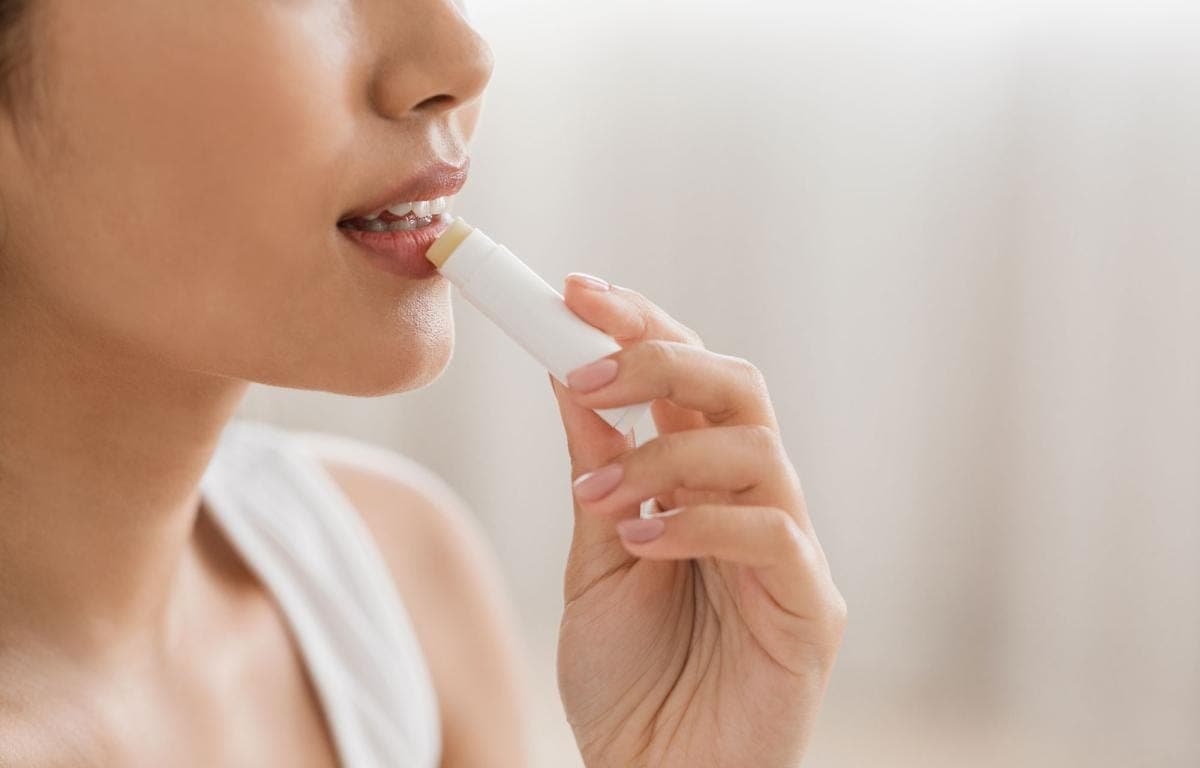Skincare
How to Heal and Protect Extremely Dehydrated or Chapped Lips
If you click on links we provide, we may receive compensation.
When it comes to self-care, our lips often take a back seat—until they crack, peel, or hurt with every smile or sip of coffee. Did you know that the skin on your lips is up to 75% thinner than most other parts of your body? This makes them highly vulnerable to dehydration, environmental damage, and neglect. So, when lips become painfully dry or chapped, the discomfort can be more than just cosmetic—it’s a cry for urgent care.
The good news? With the right knowledge and habits, you can heal and protect your lips, making them soft and healthy again. Let’s explore how to effectively care for severely chapped or dehydrated lips while preventing further damage.
Why Are Lips So Vulnerable?
Unlike the rest of your skin, your lips lack oil glands to keep them naturally moisturized. This means they rely on external hydration and care to stay supple. Add to that environmental factors like cold winds, low humidity, or sun exposure, and you have a recipe for dryness. Even everyday habits like licking your lips (which paradoxically dries them out further) or wearing matte lipsticks without prepping your lips can exacerbate the problem.
The key to restoring your lips lies in addressing these vulnerabilities directly while building a barrier against future harm. But first, let’s identify the underlying causes of your dry, chapped lips.
The Common Culprits Behind Cracked Lips
- Dehydration: Your lips can be the first indicator of how hydrated your body is. Not drinking enough water affects their moisture levels, leading to dryness and flaking.
- Weather Extremes: Harsh winter winds or blazing summer heat can strip your lips of essential hydration.
- Lip Products: Many lip balms contain irritants like menthol, camphor, or artificial fragrances that can worsen dryness instead of healing it.
- Dietary Deficiencies: Low levels of vitamins B, C, or iron can slow the healing process, leaving lips chapped for longer.
- Underlying Medical Conditions: Chronic lip dryness can sometimes signal conditions like eczema, cheilitis, or even diabetes.
Immediate Relief for Severely Chapped Lips
When your lips are painfully cracked or peeling, it’s time to hit the reset button with an intensive care routine.
Start by gently exfoliating your lips to remove dead skin cells, but be cautious: over-exfoliation can worsen cracks. Mix a teaspoon of sugar with a few drops of honey to create a gentle scrub. Massage it onto your lips for 30 seconds, then rinse with lukewarm water.
Follow up with a hydrating balm that contains healing ingredients like shea butter, ceramides, or lanolin. Avoid products with fragrances or drying agents such as alcohol. Apply the balm generously, especially before bed, as your lips heal more effectively overnight.
The Power of Hydration Inside and Out
Chapped lips often signal that your body is thirsty. Drink at least eight glasses of water daily and eat hydrating foods like cucumbers, watermelon, and oranges. Electrolyte-rich drinks can also help restore hydration levels more quickly, especially after physical activity or sun exposure.
Topically, you can enhance hydration by using a lip mask or balm containing hyaluronic acid. This superstar ingredient pulls water into your skin, keeping your lips plump and soft.
Why Sun Protection Matters for Lips
We often forget that our lips are susceptible to sunburn, which can lead to dehydration, pigmentation, and long-term damage. Look for a lip balm with SPF 30 or higher, and reapply it every two hours when you’re outdoors. Many brands now offer tinted SPF lip balms, making it easy to combine protection with style.
How to Build a Sustainable Lip-Care Routine
Caring for your lips shouldn’t stop once they feel better. Create a routine that prevents future dryness by prioritizing moisture and protection:
- Apply a nourishing lip balm first thing in the morning and last thing at night.
- Layer a hydrating balm under lipsticks to protect your lips from drying formulas.
- Carry a compact lip balm with you to reapply throughout the day, especially in dry environments like air-conditioned offices or airplanes.
- Avoid licking your lips, as saliva evaporates quickly, leaving them drier than before.
Natural Remedies for Long-Term Lip Health
If you prefer natural remedies, coconut oil, aloe vera, and honey are excellent options. Coconut oil creates a barrier that locks in moisture, while aloe vera soothes irritation and promotes healing. Honey has antibacterial properties and doubles as a natural humectant, drawing moisture into the lips.
Simply apply a thin layer of your chosen remedy before bed or during the day for extra hydration.

Warning Signs You Shouldn’t Ignore
Most cases of chapped lips are harmless, but persistent dryness can sometimes indicate a more serious condition. If your lips remain cracked despite consistent care, or if you notice severe redness, swelling, or oozing, consult a dermatologist. These symptoms could point to an infection or an allergic reaction that requires medical treatment.
Small Lifestyle Changes for Healthier Lips
- Increase your intake of vitamin-rich foods like spinach, citrus fruits, and eggs.
- Invest in a humidifier during winter months to prevent dry indoor air from affecting your skin.
- Minimize exposure to irritants like smoke or allergens, which can exacerbate dryness.
Healthy lips require consistent care, but with these steps, you can say goodbye to painful chapping and hello to a smoother, healthier smile. Treat your lips like the delicate, hardworking part of your body they are, and they’ll thank you for it with every sip, smile, and kiss!




